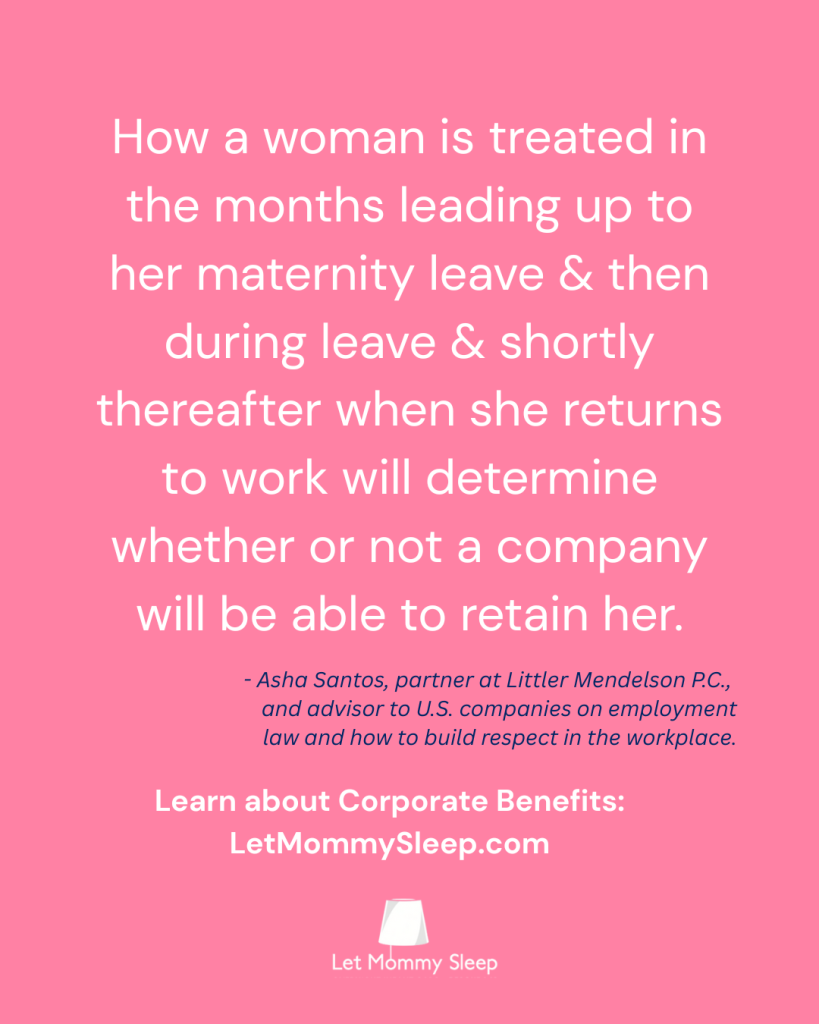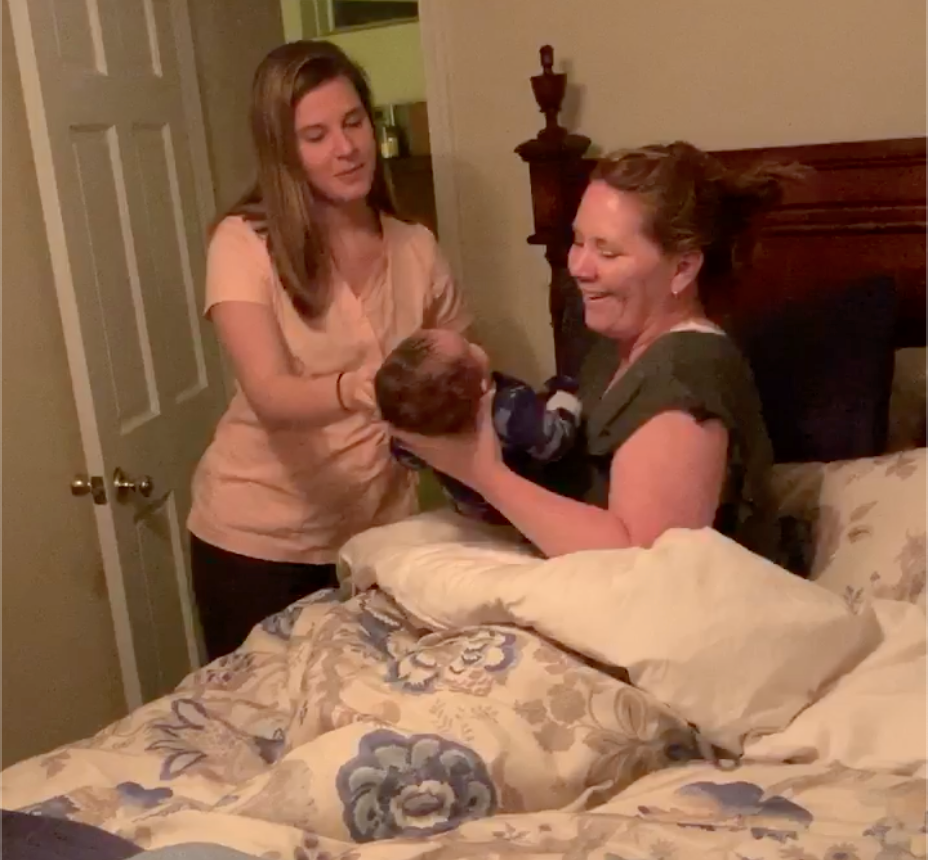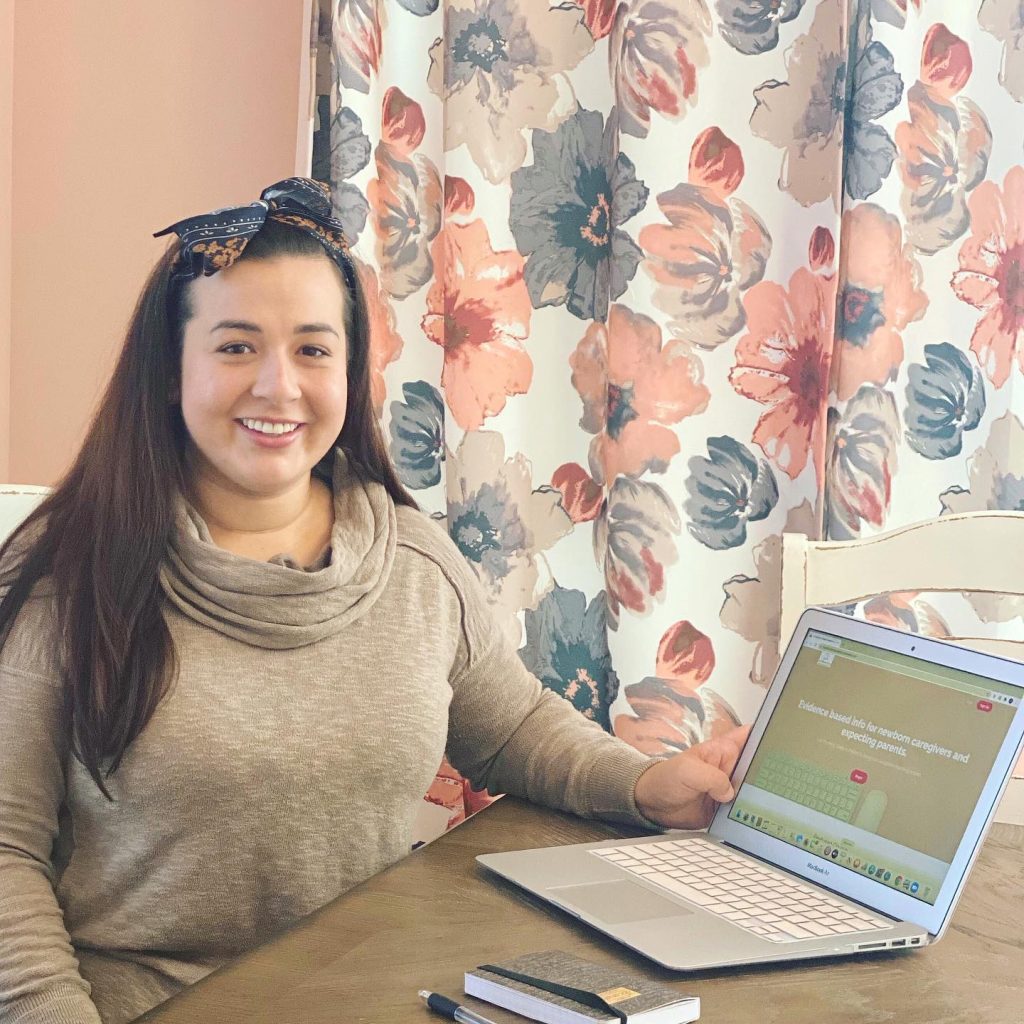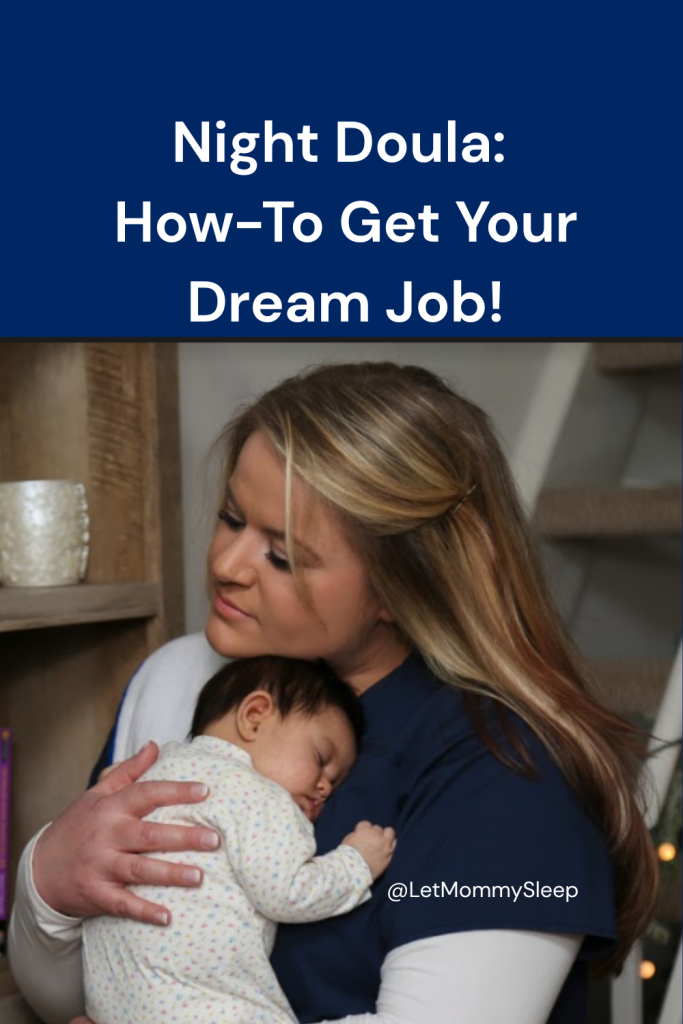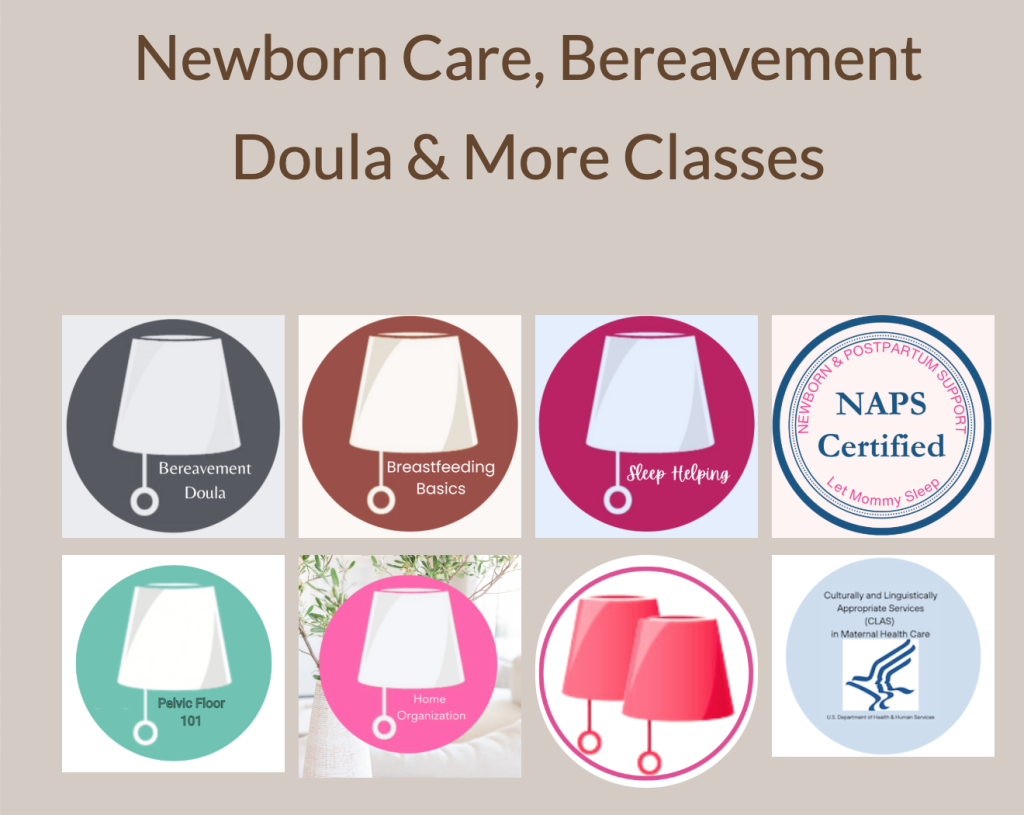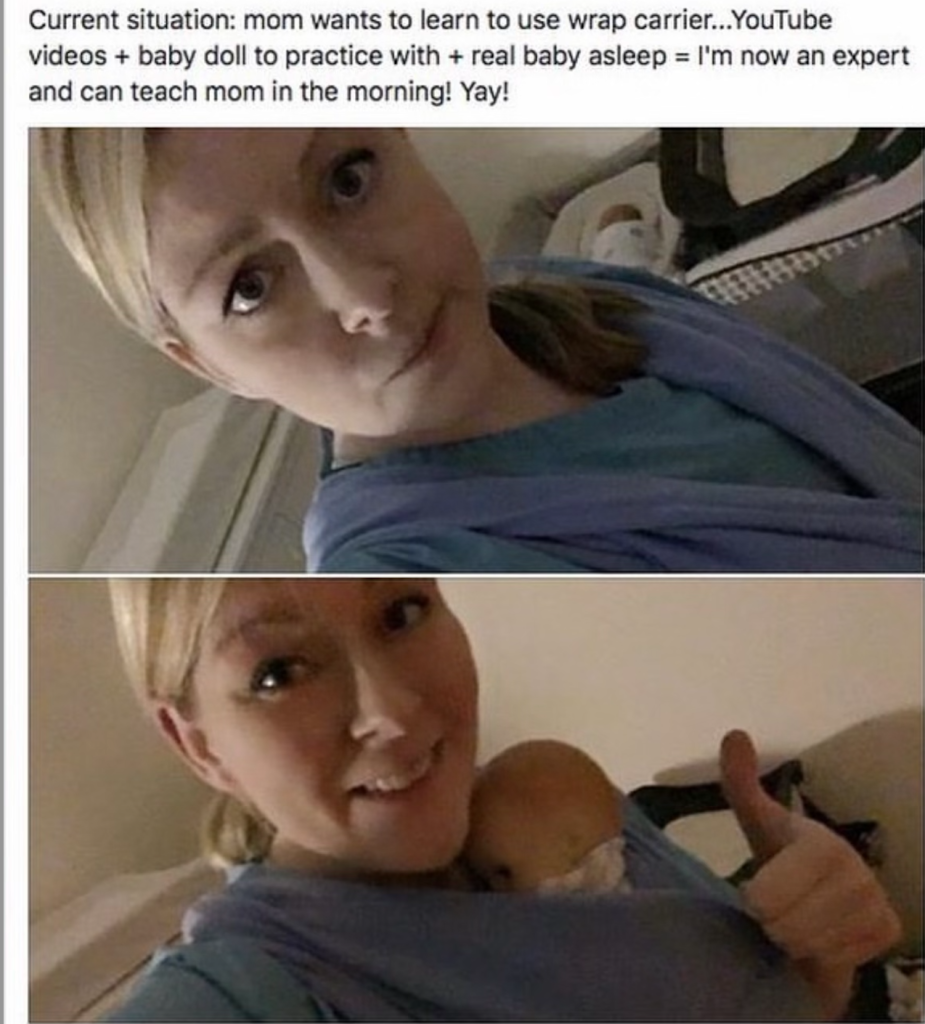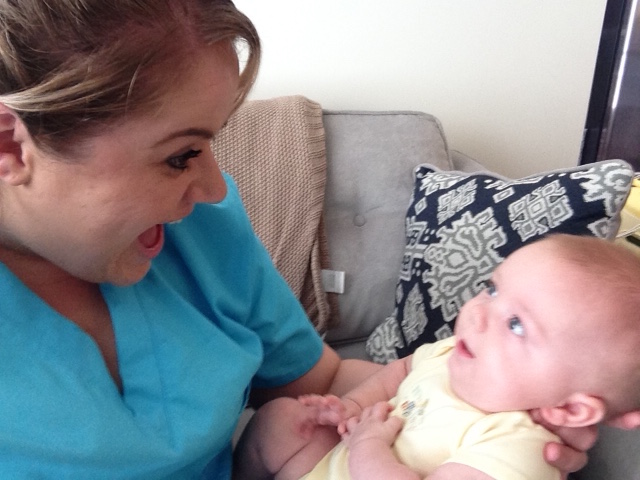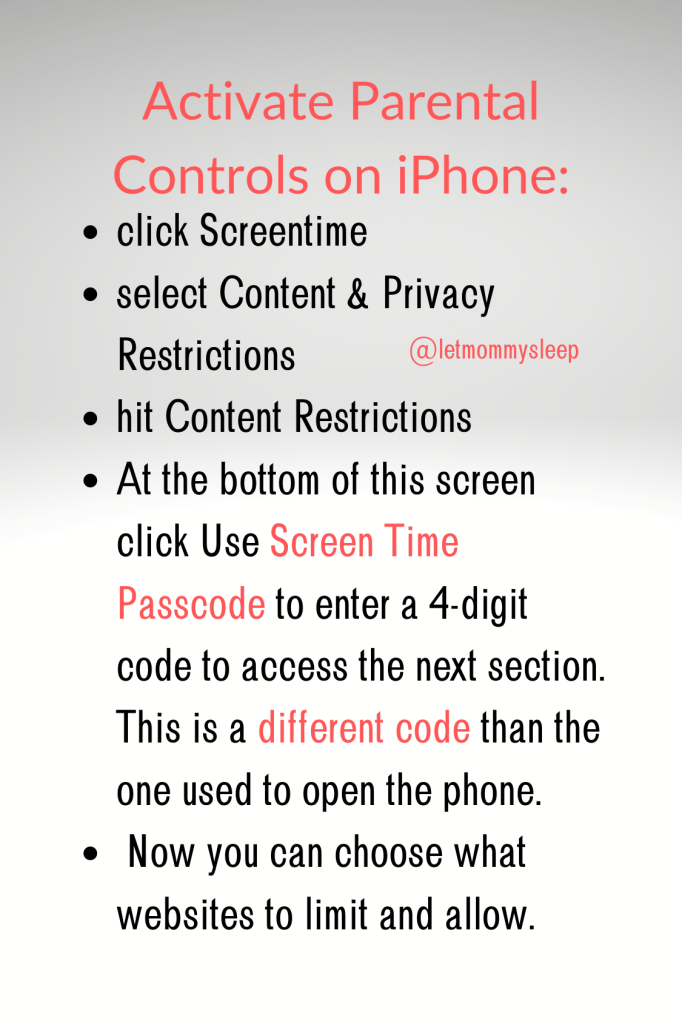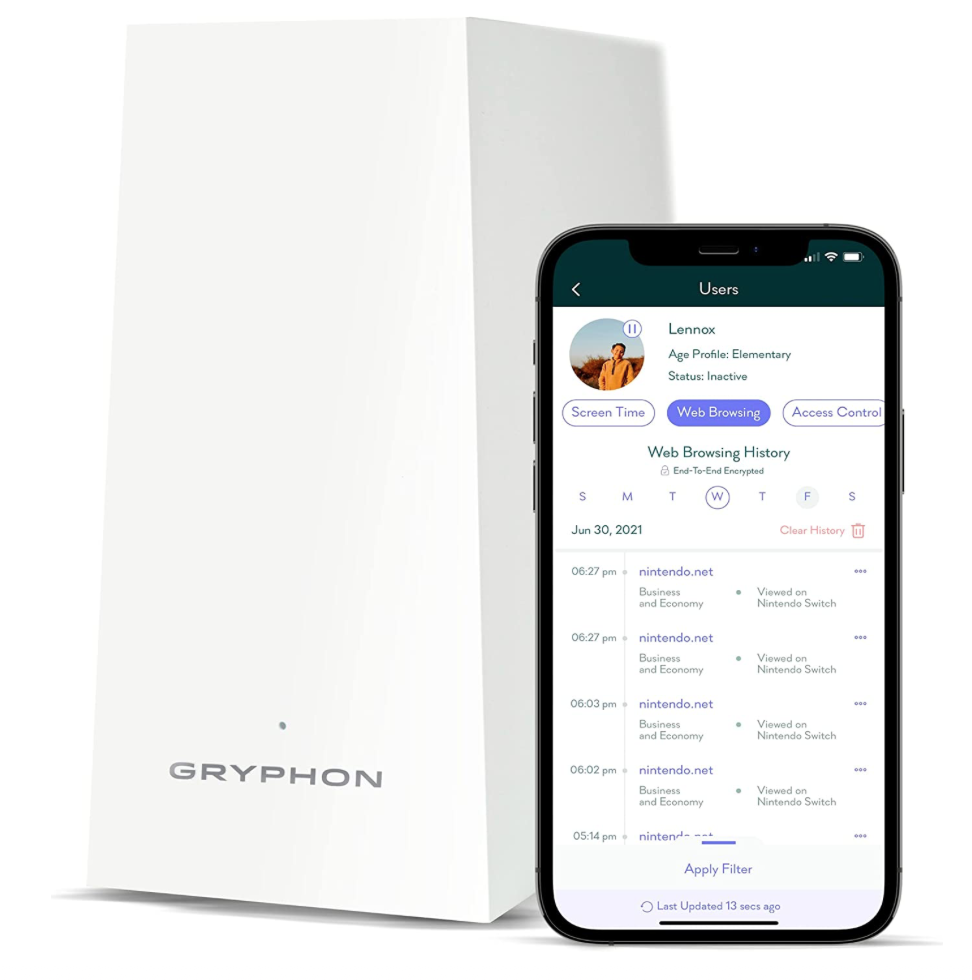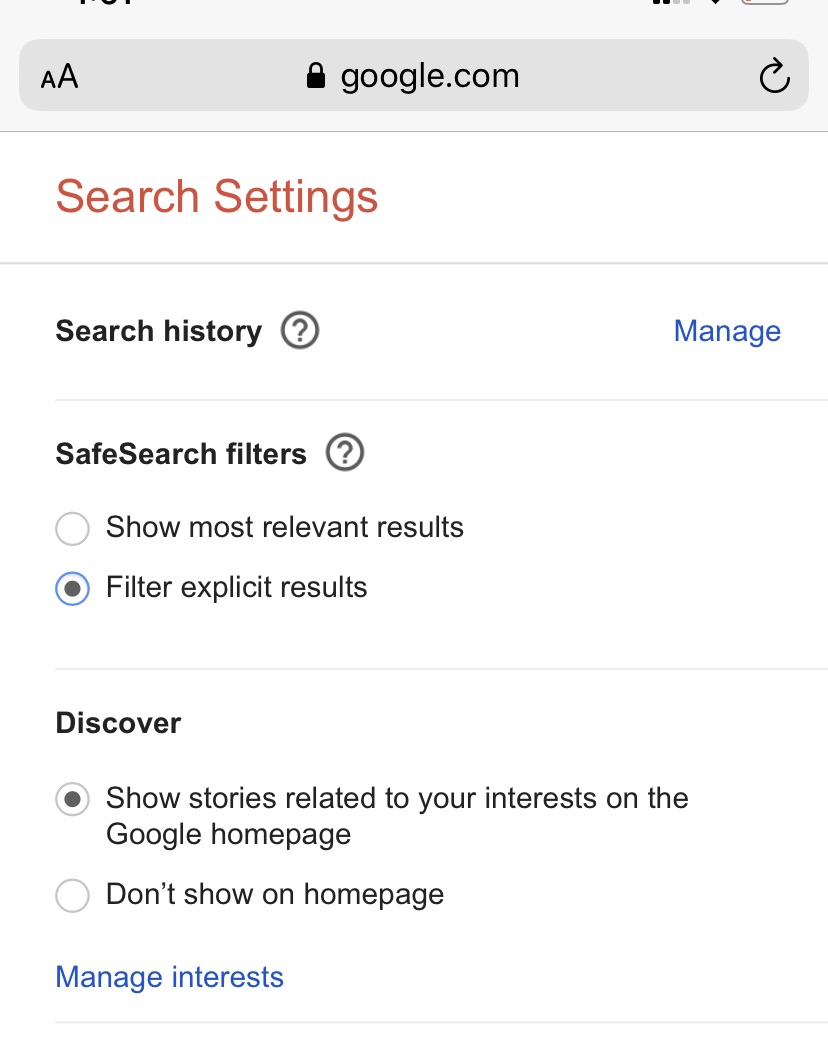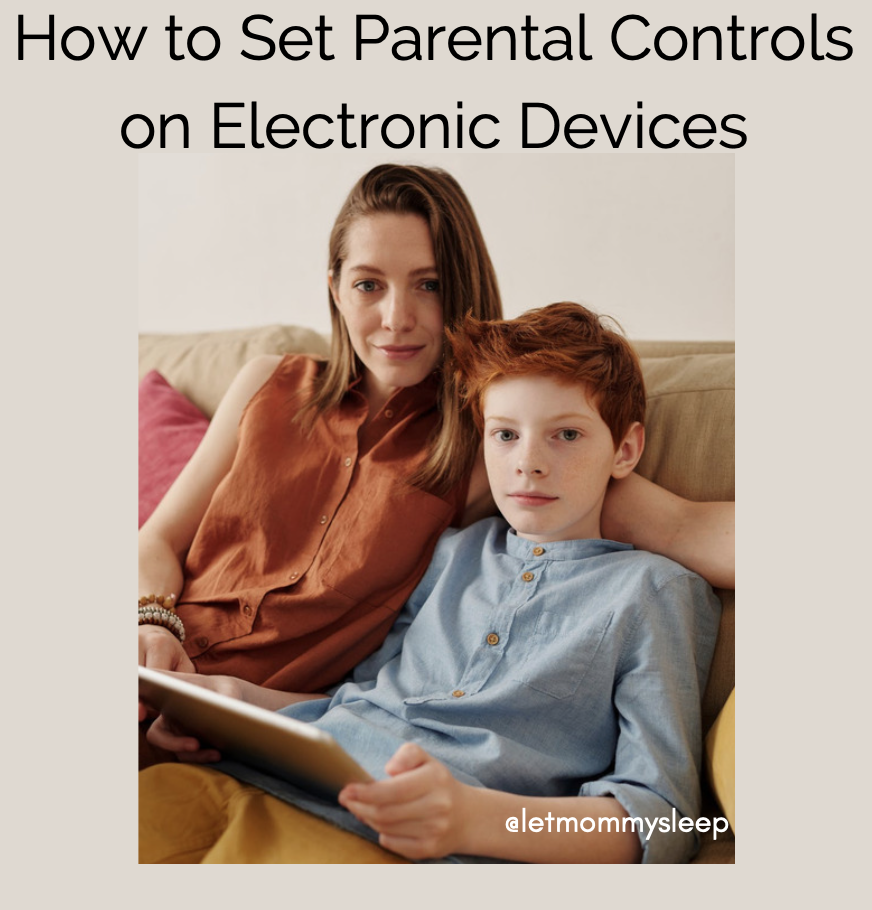updated October 6, 2025 – Is “sleep when the baby sleeps” a myth in your house? It is for most of us! Here are our tips to maximize parents own sleep in Sleep Hacks: 4 Tips to Maximize New Parents’ Sleep.

Sleep Hacks: 4 Tips to Maximize New Parents’ Sleep:
You might be able to catch a nap when your baby is asleep during the day, but it’s unrealistic for many. Caring for older children in addition to the newborn, limited time off work, having twins or higher order multiples and babies who have unpredictable and short nap schedules are just a few instances that make daytime sleep impossible. When you do manage to get a nap, these shorts bits of sleep do help. But naps don’t take the place of the deep, restorative sleep that keeps parents healthy. In other words, parents need to maximize the stretches of sleep we can get.
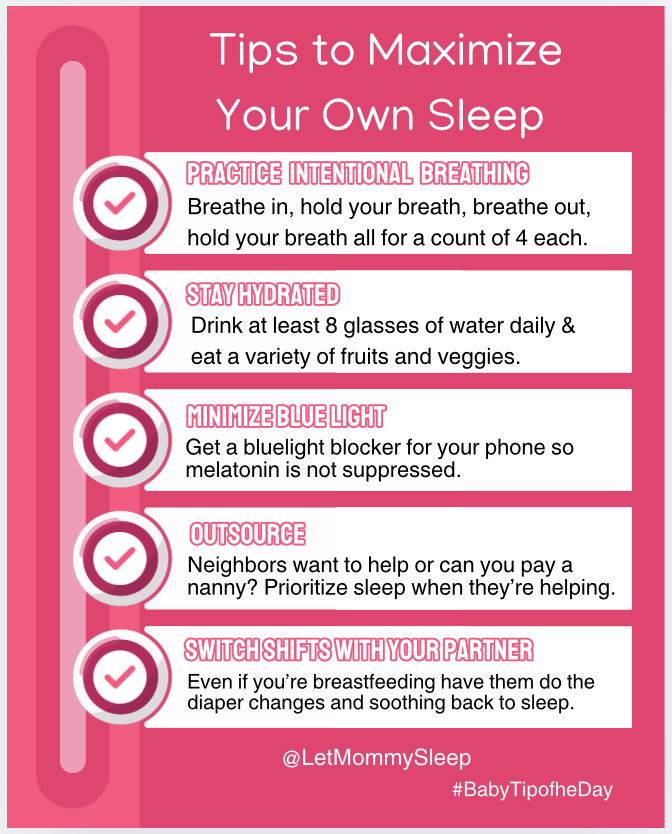
TIP #1 – Breathing Exercises to Help Your Body Switch Gears
For many new parents, one of the frustrating things about sleep is that we’re running on so much adrenaline that we can’t sleep when we’re supposed to. Controlled breathing can help your body make the switch from wakeful to sleepy. Here are 2 methods:
- The 4:7:8 Technique
This simple meditation is a “natural tranquilizer for the nervous system” and is based in the yogic philosophy of controlled breathing. While all evidence seems to be anecdotal, we do know that conscious breathing has health benefits. It also allows the brain and nervous system to become calm. Here’s how to do 4:7:8:
- Place the tip of your tongue against the ridge of tissue just behind your upper front teeth, and keep it there through the entire exercise. You will be exhaling through your mouth around your tongue,
- Exhale completely through your mouth, making a “whoosh” sound.
- Close your mouth and inhale through your nose to a mental count of four.
- Hold your breath for a count of seven.
- Exhale completely through your mouth, making a whoosh sound to a count of eight.
- Now inhale again repeating the cycle three more times for a total of four breaths.
- Tactical Breathing
As noted in a 2021 NIH study, tactical breathing is used by military and law enforcement personnel to reduce stress and maintain psychomotor and cognitive performance in dangerous situations. This of course is more than parents need, but the principle is the same…get yourself calm! One method of tactical breathing is:
- Breathe in through your nose for a count of 4
- Hold your breath for 4
- Exhale through your mouth for a count of 4
- Hold your breath at the bottom of the exhale for a count of 4
Repeat step 1-4 as much as feels good to you.
- Meditation Apps – Free and paid meditation Apps can allow new parents to fall into a relaxed, hypnotic state. Sometimes you can fall completely asleep.
Calm is a 5 star rated free App (with some purchasing options) noted for its ease of use. Headspace has an associated cost of $70 but is known for it’s productive 10-minute sessions; a very useful 10 minutes for a sleep deprived parent.
TIP #2 – Ease up on the caffeine
I know. Ridiculous suggestion, right? While we often see caffeine as vital, it’s been proven to keep us up even when we don’t want to be. Try these natural energy boosters instead:
- Increase Magnesium – Magnesium in the form of whole grains and fish for example, can fight fatigue.
- Decrease Sugar – As our own head nurse Joy Becker tells EveryNurse.org, make healthier snack choices such as dried fruit or green-smoothies for a sweet and natural energy boost.
- Drink Water – To keep your energy up when you actually want to without the caffeine side effects drink lots of water. According to WebMD nutritionist Keith Ayoob, EdD, RD, “Sometimes, even slight dehydration can leave you feeling tired and lethargic.”
TIP #3 – Divide and Conquer
Swap nights, or even 1/2 nights, caring for baby with your partner even if it means sleeping in separate bedrooms. Being “off” from 10pm – 6am a few nights per week allows your body the deep, restorative sleep it needs. It also give you a mental boost knowing that there is a definite break in sight.
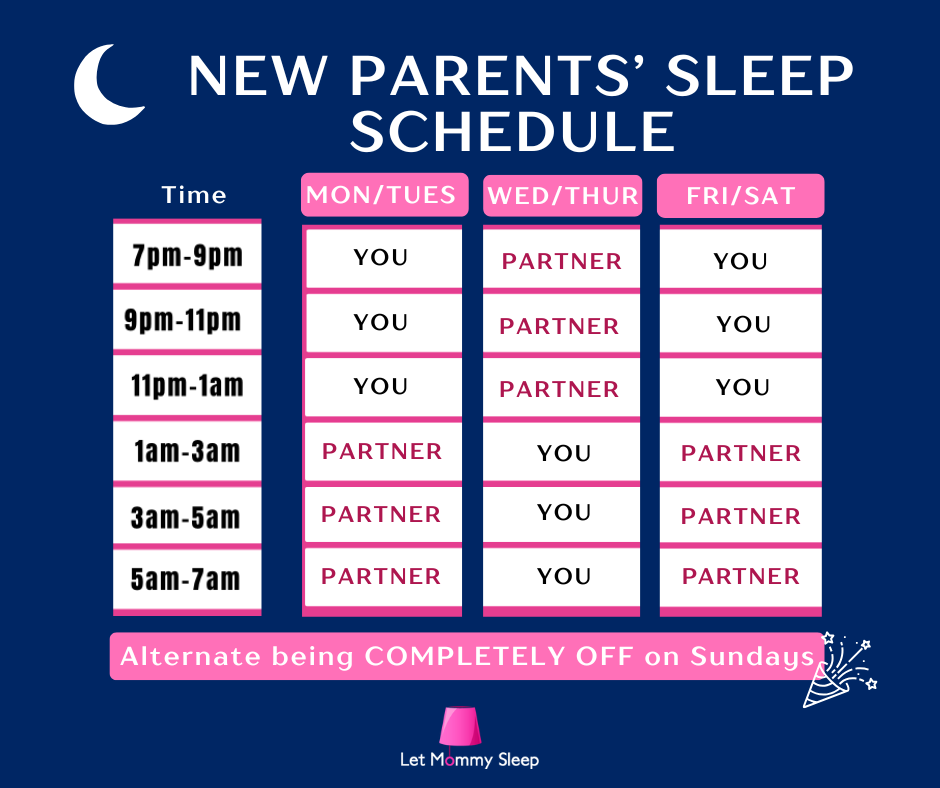
This works if you’re breastfeeding too. When nursing throughout the night, simply stay in bed to nurse while your partner brings the baby to you. Partner also does all other care like diaper changes and soothing in another room. This can give you at least an hour more of sleep per night!
TIP #4 – Get Outside Help
Allow friends and family to provide child care relief. Whether they act as a night doula, or even if it’s just for an hour or 2 take everyone up on their offers to help! Even 1-2 hours or uninterrupted time alone can help. Of course you can always call our night nannies if professional help is needed as well. Learn more about Sleep Deprivation and Postpartum Depression: Proven Tips to Help.
Bonus Tip: For families in crisis, the non-profit SafeFamilies.org can provide support by creating extended family–like supports.
Do blue light blocking glasses work?
Glasses to block blue light emitted from electronic devices were thought to work when they were first sold in the early 2000’s. But more recent research shows that there is no benefit to using products marketed to block blue light such as glasses or screens that adhere to your device.
And of course, helping baby sleep = helping ourselves sleep!
Swaddles, pacifiers and white noise machines are all tried and true methods to help infants sleep longer and more peacefully. These items each offer something comforting to infants. You can use all of them or experiment with 1 at a time to find what works best for your baby and helps them sleep more soundly.
Sleep deprivation is seen as a rite of passage for brand new parents, but having a plan to get more sleep can ease its effects. There’s no award for suffering and you can try to make those first months with baby easier on your health.
If you feel that anxiety, depression or sleep deprivation is affecting you more than just the “baby blues,” there is help. Contact Postpartum.Net or call/text 833- TLC-MAMA (1-833-852-6262) for help.


